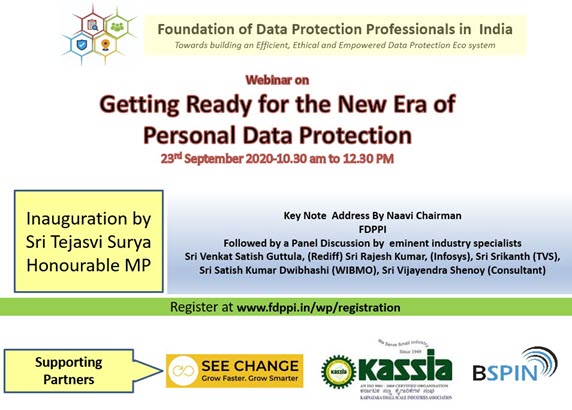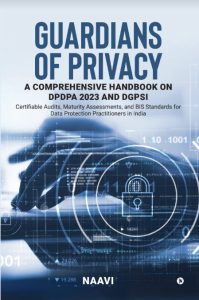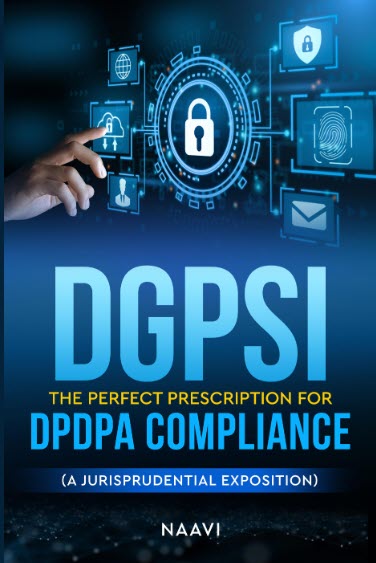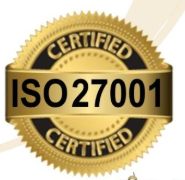Karnataka Government is conducting its flagship annual IT BT conference as a Virtual Conference this year. The conference is titled Bengaluru Summit 2020 (BTS 2020) and will be held between 19th and 21 November. The theme of the summit is “Next Now”.
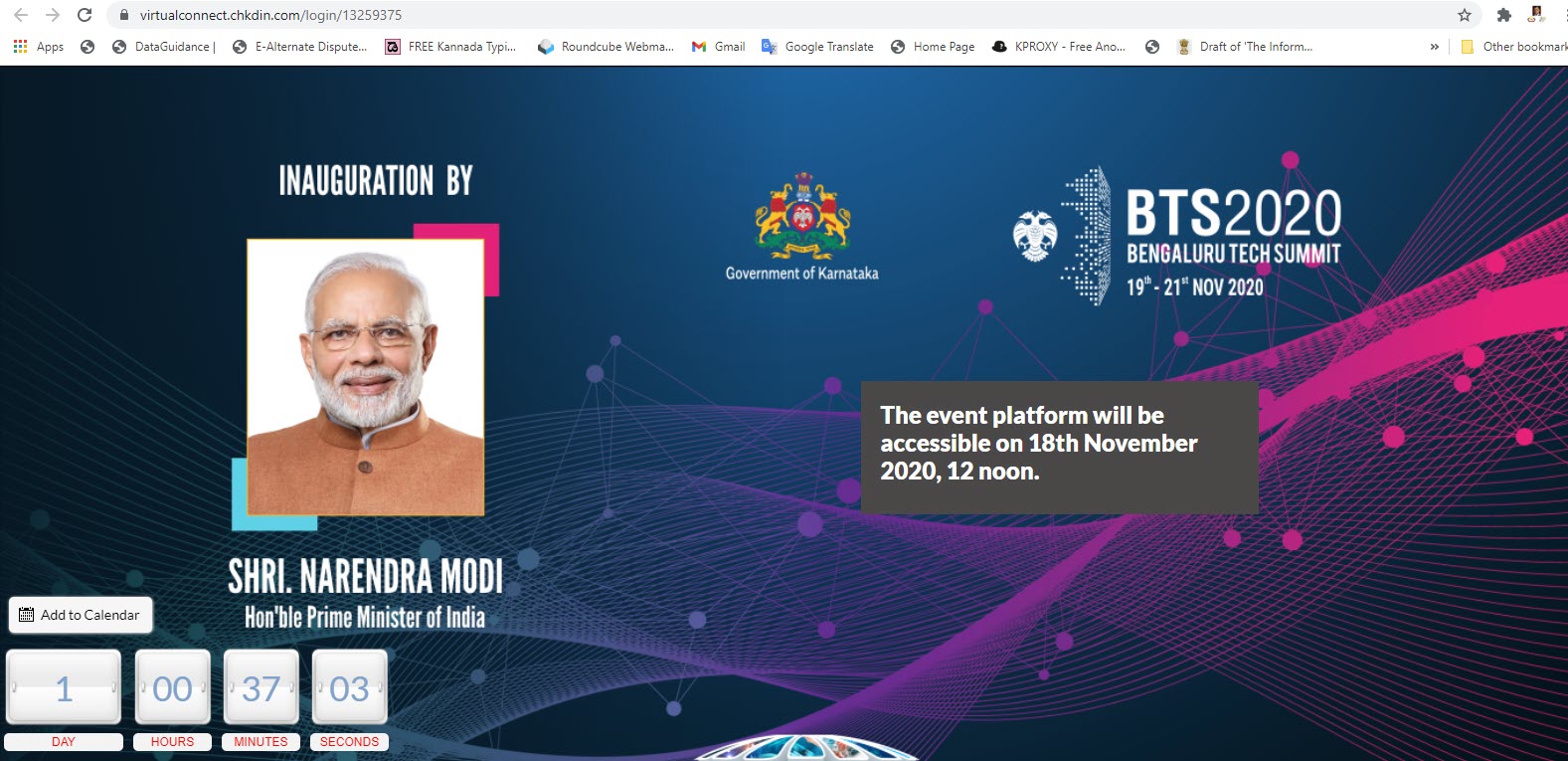
Honourable Prime Minister of India, Mr Narendra Modi would be inaugurating the Bengaluru Tech Summit 2020 set to open tomorrow.
FDPPI has taken a stall and interacting with the participants

The stall will display the activities of FDPPI and distribute material relevant to the activities.
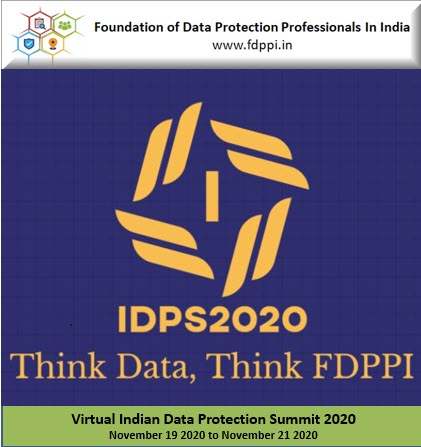
Concurrently with the BTS 2020, FDPPI is also conducting Indian Data Protection Summit (IDPS 2020). This summit will also be virtual and will be available both on Zoom platform and on Youtube webcasting.
There will be six panel discussions covering different topics of interest.
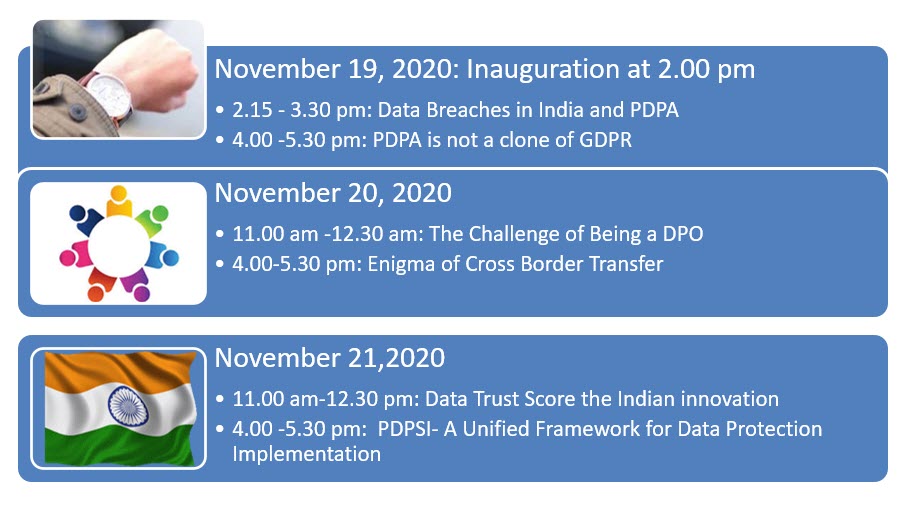
Participation in the IDPS 2020 is free. Registrants on the FDPPI website has been sent the Zoom link. The sessions will be webcast on YouTube simultaneously.
The Link to Zoom sessions have already been distributed through the social media contacts of the members of FDPPI.
The webcast would be available in the Youtube Channel here:
https: www.youtube.com/naavi9
The six sessions will be managed by experienced professionals and members of FDPPI.

Naavi would anchor the sessions.
The event is sponsored by Ujvala Consultants and Co-Sponsored by Redwood Learning and Sysman Computers.
CIO association of India is also supporting the event.
We wish public in large numbers attend the IDPS 2020 and make this event a success.
Naavi



